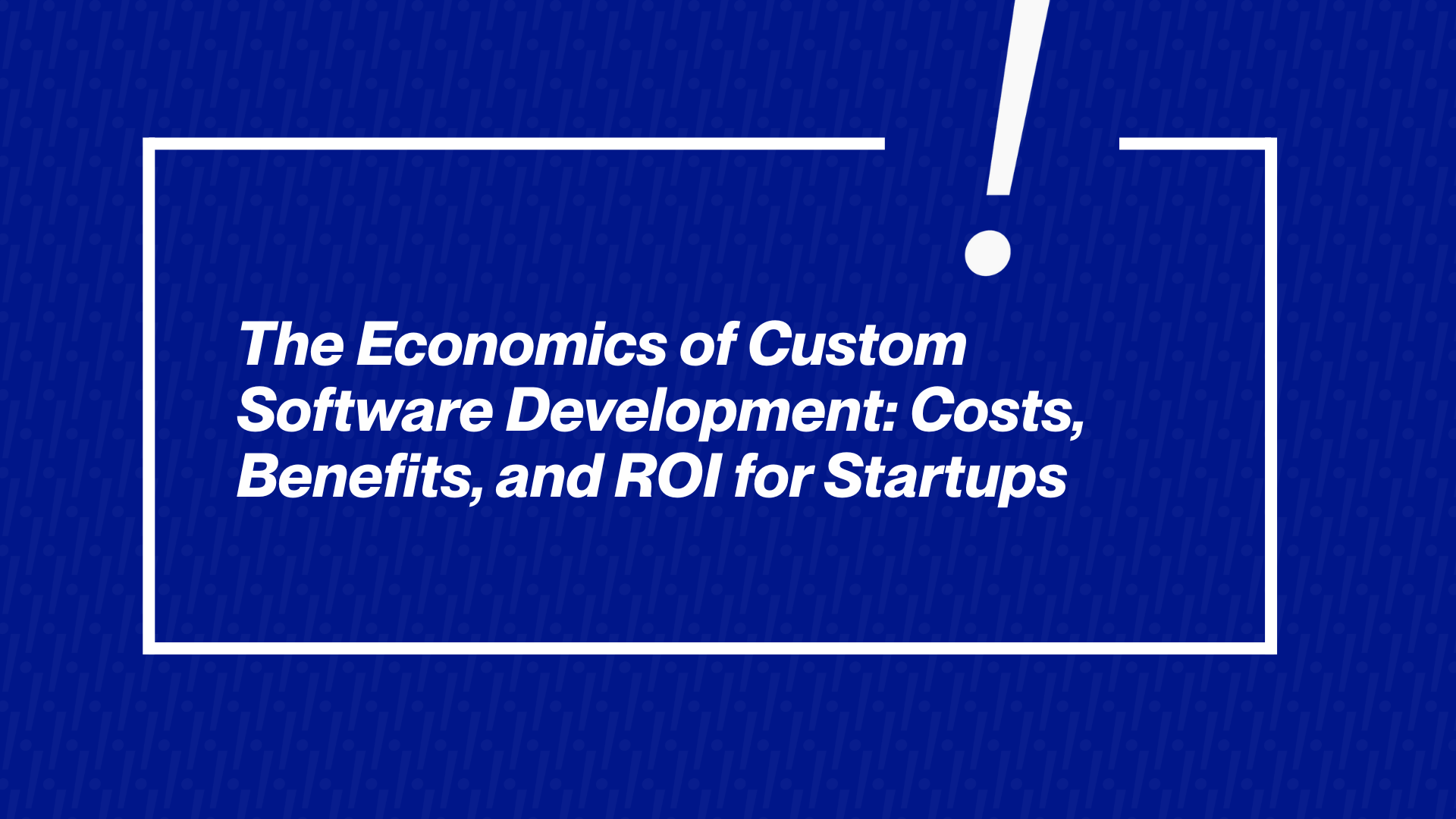
Global Development Costs
North America: US developers command some of the highest rates in the world. Senior software engineers in the U.S. often bill well over $70–100/hour (with average market rates ~$53.77/h), whereas junior coders start around $40–50. Canada is slightly cheaper (seniors ~$60–65/h), and even farther south, Mexico’s rates plunge (~$10–20/h for junior developers). A cost survey puts U.S. hourly rates at roughly $100–250, compared to Canada’s ~$70–150.
UK & Europe: In the UK (e.g., London), top-end devs charge about £50–150/hour (≈$65–200 ). Western Europe is similar, although Eastern Europe is generally more affordable. For example, Polish developers average $45–70/h and Romanian teams about $25–50/h . Even within Europe, the range is wide – outsourcing hubs like Poland or Ukraine can cut costs significantly versus British or German vendors.
Australia: Down under, rates are closer to the US/UK level. Australian developers typically charge around $60–180/hour (depending on seniority). Major cities like Sydney and Melbourne see the highest salaries, averaging roughly $45–75 for experienced engineers (junior devs often start near $30–40). In short, Australia’s dev labor is expensive (reflecting high living costs and salaries), so startups there may pay 2–3× what they would in India or Eastern Europe.
By comparison, India remains by far the most cost‑effective market. Top-tier Indian developers bill roughly 9 or 10 $15–40/hour (about $32/hr on average) even for advanced skills. This low pricing—thanks to a vast talent pool and lower overhead—makes India a popular choice for startups on a budget. (Time-zone and communication gaps are considerations, but many teams mitigate those challenges.)
Custom vs. Packaged: Maximizing Value and ROI
When planning a startup budget, it’s worth comparing custom software to off-the-shelf alternatives. Packaged (“boxed”) software often comes with a lot of unused features. In fact, studies show about 85–90% of features in off-the-shelf apps go unused by customers. In other words, you pay for many bells and whistles your startup never needs. By contrast, custom development builds only what you need, cutting that waste. Though the upfront bill can be higher, you avoid ongoing license fees and bloated overhead.
Startups often ask: When will custom software pay off? A benchmark from industry analysis finds that, well, crafted custom solutions typically recoup their cost in about 2–3 years. In practice, you estimate ROI by comparing the investment to the annual benefits.
For example:
Off-the-shelf waste: Up to 90% of generic features go unused, so you’re literally paying for no value. Eliminating that waste with custom dev leads to long-term savings.
Payback timeline: If you invest $X in building software that yields $Y per year in savings or extra revenue, payback occurs in roughly $X/$Y years. (E.g., a $60K custom app that saves $30K/year has a payback of 2 years—a 50% annual ROI.) As noted above, many projects break even around 2–3 years.
ROI example: Imagine building a custom dashboard for $50K that automates $20K of work every year. That’s roughly a 40% return/year – you’d recover your $50K in 2.5 years. After that point, the software is effectively “free” and keeps delivering value.
Empyreal’s approach: Empyreal Infotech emphasizes value over cost. They start by identifying the highest-impact features (often via an MVP) so every dollar spent has a clear payoff. This phased strategy (build the minimum to launch, then expand) helps ensure the true cost paid aligns with the true value gained.
By focusing on essential features and phased delivery, Empyreal helps startups avoid sunk costs in low-value functionality and accelerates ROI. In short, a value-driven A partner like Empyreal makes sure your custom project isn’t just “made” but makes money (or cuts costs) for your business.
Empyreal Infotech’s Value-Driven ROI Approach
Empyreal Infotech is known for an ROI-focused development process. Rather than hammering out code in isolation, Empyreal works closely with clients to map features to business goals. They recommend building an MVP first, integrating automation where it saves money, and iterating based on real feedback. Empyreal also guides clients on hidden costs (maintenance, hosting, scaling) so there are no surprises after launch.
The result is a higher return on investment. By cutting unnecessary work (and cost) and emphasizing strategic features, Empyreal’s clients often see faster payback. In practice, Empyreal’s case studies show startups achieving their breakeven in a few years – exactly in line with the industry-average ROI horizon
In the end, custom software is an investment. The right development partner can make it one that pays off. By understanding global cost factors (from expensive US devs to affordable Indian teams) and focusing on value and ROI, startups can create powerful software without breaking the bank. Empyreal Infotech’s value-driven methodology is tailored to this goal—maximizing returns for every dollar you invest.